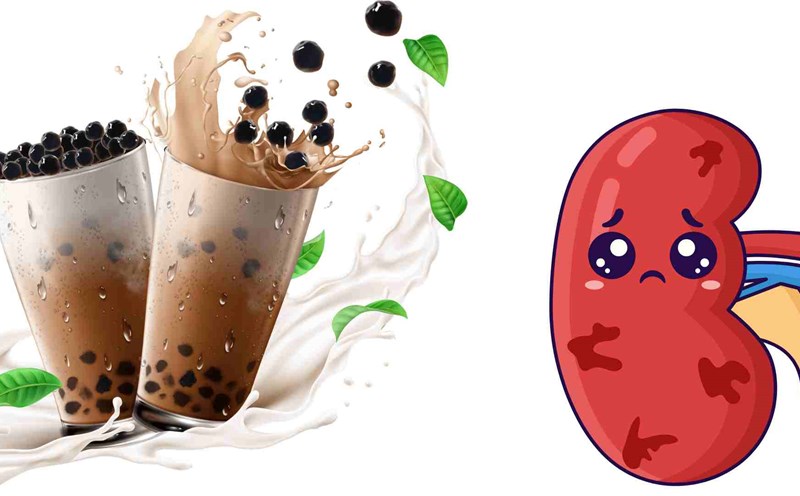According to Dr. Anil Kumar BT, a kidney specialist at Gleneagles Hospital BGS, Bengaluru (India), consuming too much protein without enough water can put pressure on the kidneys, especially for people with underlying diseases. Balancing protein and water, recognizing symptoms early and protecting the kidneys during exercise are very necessary.
Protein shakes and powders are increasingly popular with gym goers who want to gain muscle or stay in shape. However, the kidneys have to work hard to process excess protein, especially when combined with lack of water or taking uncontrolled supplements, which can cause serious damage, according to Onlymyhealth.
What happens to the kidneys when consuming a lot of protein?
When protein is digested, the body produces amino acids and nitric waste, mainly Ureas, says Dr. Anil Kumar BT. The kidneys are responsible for eliminating these waste and regulating renal filtering activities to adapt. After a high-protein meal, the kidneys increase filtering activities to process waste. If you consume too much and continuously, your kidneys have to work overloaded, causing stress and damage to the kidney structure. Lack of water makes urine more concentrated, increasing the risk of kidney stones and acute kidney damage.
Who is at risk?
The risk of kidney damage increases in people with pre-existing kidney disease, chronic dehydration after high-intensity exercise, regular use of NSAIDs or consuming many uncontrolled supplements. For people with chronic kidney disease, a diet rich in protein can help kidney failure progress faster.
Protein, kidney stones and supplements
According to Dr. Anil Kumar BT, a diet rich in protein increases calcium in the urine and reduces citrates, which are factors that promote the formation of kidney stones. Dehydration increases this risk by concentrating minerals in the urine. Creatine, a popular bio-enhancing supplement, is often safe to eat properly, but when combined with large amounts of protein, stimulants or lack of water, it will put additional metabolic burdens on the kidneys.
How to protect your kidneys when doing the gym
Balance protein and water: Drink enough water throughout the day, especially before, during and after exercise.
Suitable protein goals: About 1.2 - 2.0 g/kg of body weight per day, avoid over dosage without medical supervision.
Prioritize whole foods over just protein powders.
Limit regular use of NSAIDs.
Choose reputable supplements and take the right dosage.
Regular kidney health monitoring, especially for people with risk factors.











